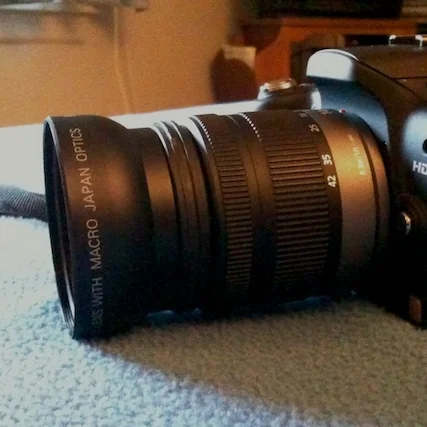As we have for the past several years, Melody and I went to the annual Seattle Times 2015 Pictures of the Year presentation, which continues to be a fun event.
Hi.
Welcome to my blog. I document my adventures in travel, style, and food. Hope you have a nice stay!












